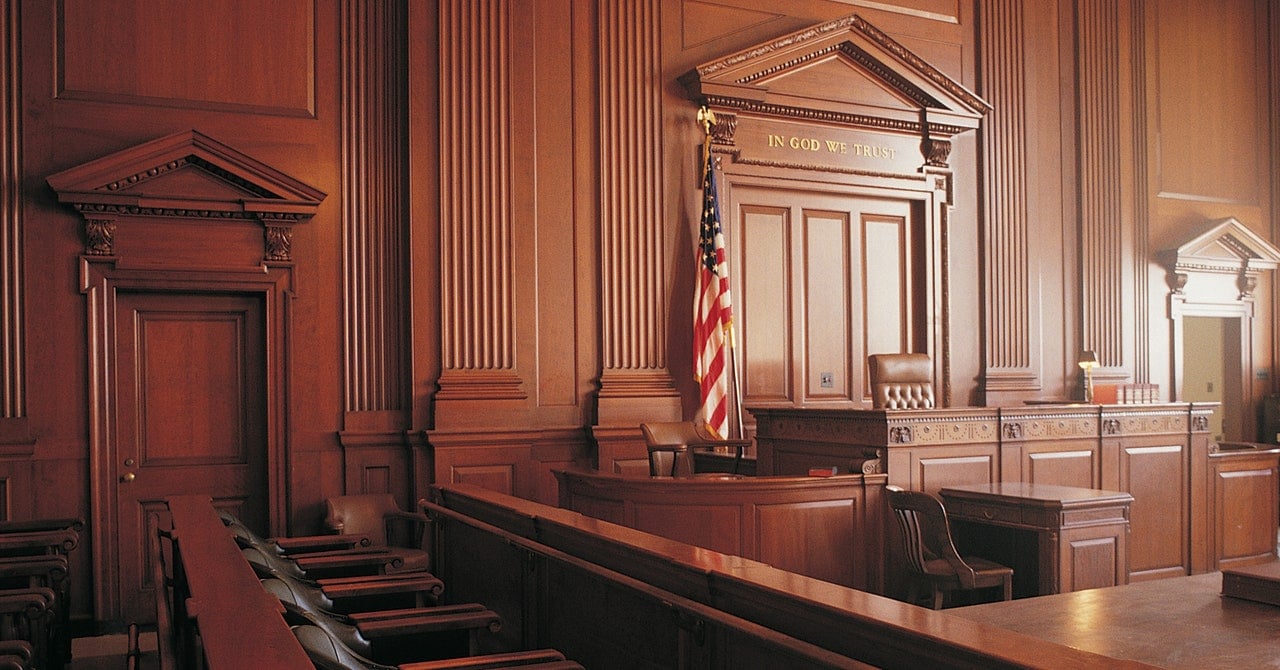- cross-posted to:
- [email protected]
- cross-posted to:
- [email protected]
The Internet Archive has lost a major legal battle—in a decision that could have a significant impact on the future of internet history. Today, the US Court of Appeals for the Second Circuit ruled against the long-running digital archive, upholding an earlier ruling in Hachette v. Internet Archive that found that one of the Internet Archive’s book digitization projects violated copyright law.
Notably, the appeals court’s ruling rejects the Internet Archive’s argument that its lending practices were shielded by the fair use doctrine, which permits for copyright infringement in certain circumstances, calling it “unpersuasive.”
In March 2020, the Internet Archive, a San Francisco-based nonprofit, launched a program called the National Emergency Library, or NEL. Library closures caused by the pandemic had left students, researchers, and readers unable to access millions of books, and the Internet Archive has said it was responding to calls from regular people and other librarians to help those at home get access to the books they needed.



This is the obviously correct decision, and no other decision was realistically possible. The only difference between what the Internet Archive was doing and what any other piracy webpage does is that the Internet Archive was claiming to do it for a good cause. What were they thinking?
If I am not mistaken, the difference was that the Internet Archive was distributing books with a DRM that would make the PDF unusable after a certain time. You could relate it to how a physical library offers books for a limited time, for free. Now, of course, one could bypass the DRM or copy the contents differently, but so can another person photocopy a book they borrowed physically. Meanwhile, other physical libraries are allowed to distribute e-books, but I’m not sure if that’s made possible due to licensing fees.
I’m not saying that they approached this well, especially given the copyright laws in the US, but it was indeed a good thing for the normal person at the time. Too bad that the judicial system in the US is biased towards leeching companies. I really can’t wait to see the AI vs publishers fight, though. Let’s see who has deeper pockets and better plants in the courts :D
According to this article:
It sounds like what you’re describing is what they were doing before they did the thing for which they got sued.
As for AI, I think that in general using a copyrighted work to train an AI is a transformative use and therefore that it is permitted by law. Specific instances in which an AI outputs copyrighted text without any transformative modifications may still be copyright infringement They may also be fair use, in the way that copying a short excerpt from a longer document is fair use. I’m not a lawyer.
Anyway, if the courts rule against the AI companies, the enforcement of such a ruling would be disastrous for the ability for American companies to compete with international rivals who will still freely use the training data that American companies would no longer have access to. A law would be (or at least should be) passed to prevent that, although the tech companies might end up paying some nominal fee.